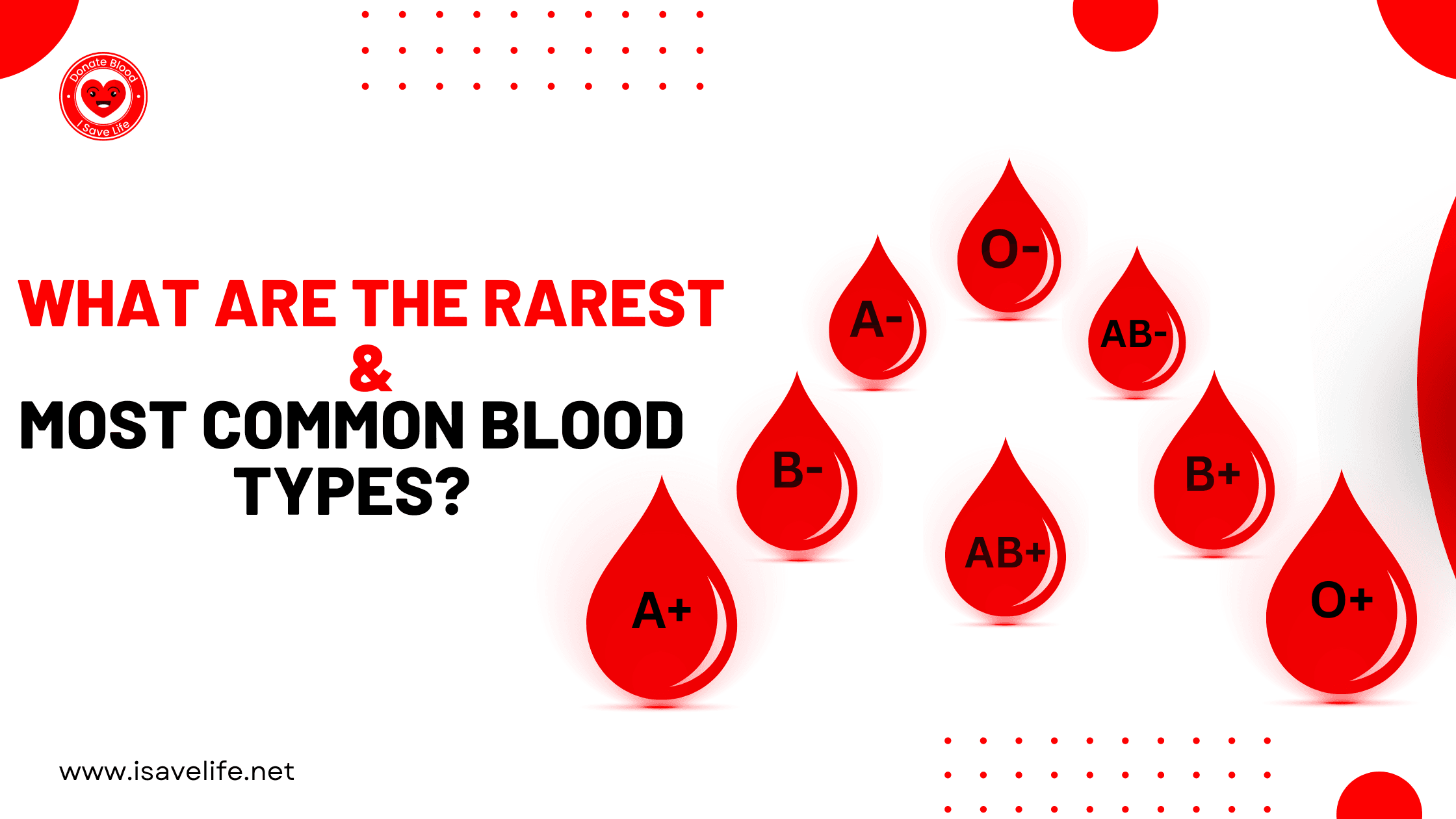
What Are the Rarest and Most Common Blood Types?
20-Sep-2024
Blood types are a way of classifying the blood in our bodies. Everyone has a specific blood type, which is inherited from their parents. Understanding blood types is important, especially for blood transfusions, because not all blood types are compatible. There are eight main blood types, and some are more common than others. Let's explore what the rarest and most common blood types are.
How Are Blood Types Classified?
Blood types are classified based on the presence or absence of two things:
- A and B antigens – These are substances on the surface of red blood cells.
- The Rh factor – This is a protein that can either be present (+) or absent (-) in your blood.
So, based on these factors, we end up with eight possible blood types:
- A+
- A-
- B+
- B-
- AB+
- AB-
- O+
- O-
What Are the Most Common Blood Types?
In most parts of the world, O+ is the most common blood type. Nearly 37% of people have O+ blood. This blood type is in high demand because it can be given to anyone with a positive blood type (A+, B+, AB+, or O+).
Another common blood type is A+, which is found in about 30% of the population. People with A+ blood can donate to other A+ and AB+ recipients.
What Are the Rarest Blood Types?
The rarest blood type is AB-, found in less than 1% of the population. AB- blood is very valuable because AB- individuals can only receive blood from other AB-, B-, A-, or O- donors, but they can donate to anyone with AB blood.
B- is also a rare blood type, present in about 2% of the population. It is less common but still crucial for those who need it.
Why Is Blood Type Important?
Blood types are important because receiving the wrong blood type during a transfusion can cause serious health problems. For example, if someone with type A blood receives type B blood, their immune system might attack the transfusion blood, leading to complications.
This is why hospitals and blood banks keep careful track of blood types to ensure patients get the right type during medical procedures.
Conclusion
To sum it up:
- O+ and A+ are the most common blood types.
- AB- is the rarest blood type, with only a small percentage of people having it.
Understanding your blood type and its importance can be life-saving, especially in emergencies or if you decide to donate blood. Whether you have a rare or common blood type, donating blood is always a great way to help those in need!
------------------------------- No Matter Your Blood Type, Donate Blood and Save Lives --------------------------